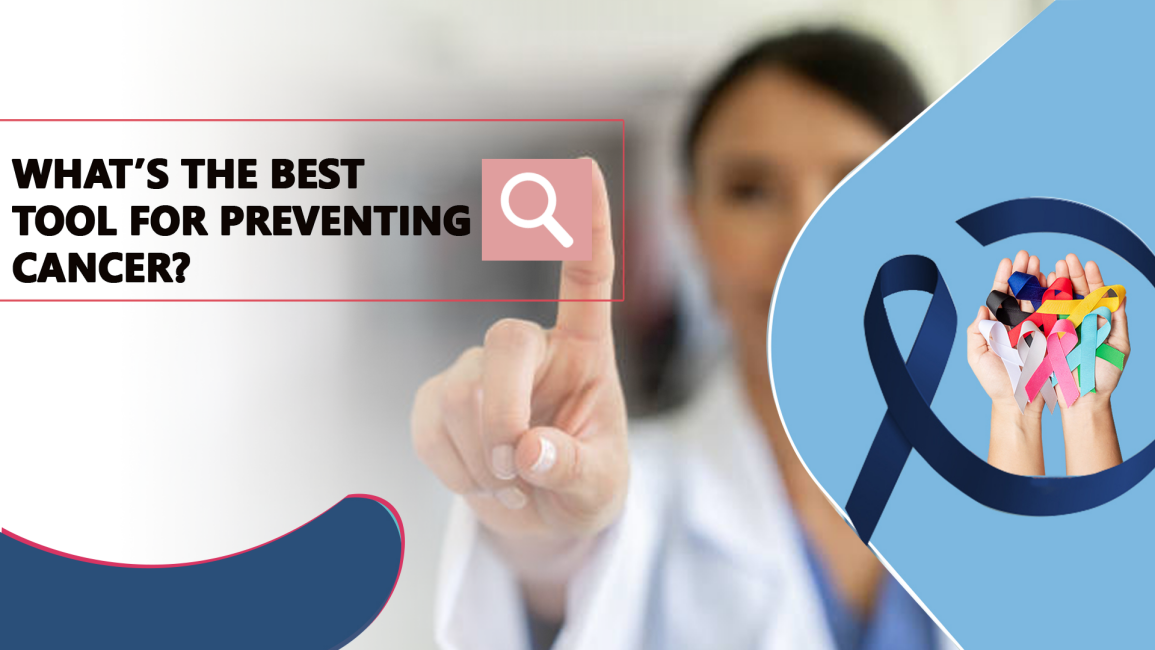

A combination of healthy lifestyle choices, regular screenings, and sometimes preventive measures based on personal risk factors are used to prevent cancer. While there isn't a single method or miracle cure to totally avoid cancer, there are a number of strategies can significantly reduce the risk.
Healthy Diet
A diet high in whole grains, fruits, vegetables, and lean meats can help lower the chance of developing cancer. Reducing your intake of sugar-filled beverages, processed meats, and alcohol is also crucial.
Regular Exercise
Engaging in physical activity can assist in maintaining a healthy weight and lower the risk of some cancers, such as prostate, colon, and breast cancer.
Avoiding Tobacco
Many cancer types have been related to tobacco use, including smoking. Preventing cancer requires avoiding tobacco products and secondhand smoke exposure.
Sun Protection
You can lower your risk of developing skin cancer by protecting your skin from too much sun exposure. This include applying sunscreen, seeking shade, and dressing protectively when outdoors.
Limiting Alcohol
Drinking too much alcohol has been linked to a higher chance of developing several cancers, such as colon, liver, and breast cancer. Reducing alcohol consumption can help reduce this risk.
Regular Screening
Frequent screenings for specific cancers, such colonoscopies for colorectal cancer and mammograms for breast cancer, can help in the early detection of cancer when it is most curable.
Vaccination
There are vaccines against some cancer-causing viruses, like the human papillomavirus (HPV), which can lower the chance of getting related diseases like cervical cancer.
Healthy Weight
Cancers of the breast, colon, kidney, and esophagus can all be prevented by maintaining a healthy weight with a balanced diet and regular exercise.
Limiting Exposure to Carcinogens
Reduce your exposure to dangerous compounds including radon, benzene, and asbestos all of which are known to cause cancer.
Regular Health Check-ups
Regular visits to your healthcare provider can help monitor your health and catch any potential issues early.
It's essential to combine these strategies and tailor them to your individual risk factors and health status. Additionally, staying informed about advancements in cancer prevention and treatment can help you make informed decisions about your health.